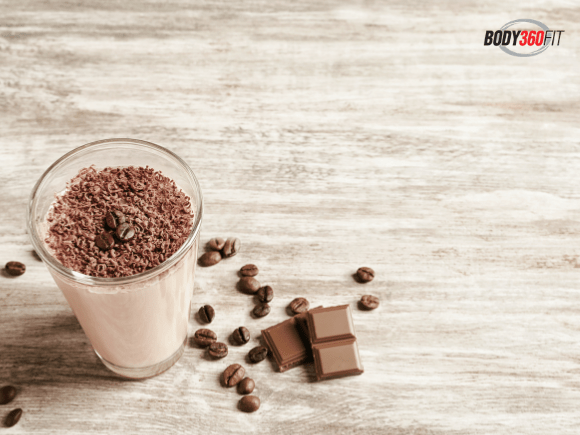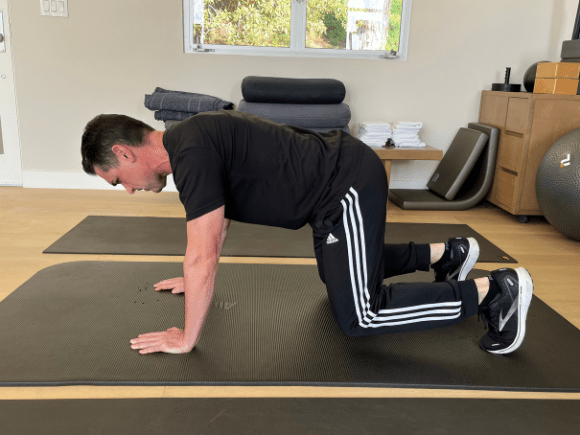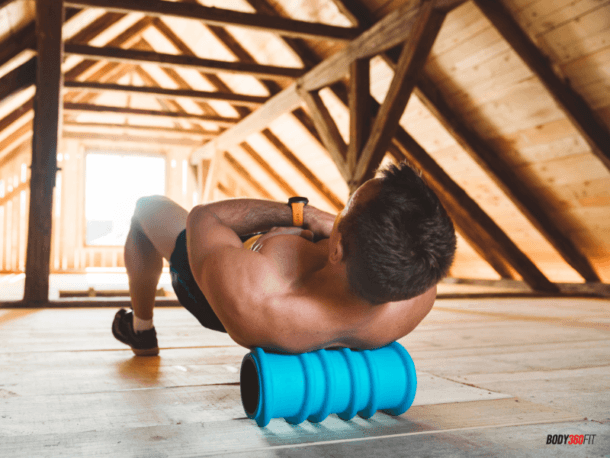Estimated reading time: 8 minutes
Clock Plank Exercise
The clock plank exercise is a dynamic variation of the traditional plank that challenges your core, stability, and coordination. As you move through different positions resembling the numbers on a clock, you engage various muscle groups to maintain a straight line and stable core.
In this comprehensive guide, we’ll explore the intricacies of clock planks, from the muscles they target to the benefits they offer, along with step-by-step instructions for flawless execution.
Table of contents
- Clock Plank Exercise
- Key Takeaways
- Muscles Worked: Building a Solid Core Foundation
- Benefits of Clock Planks: Strengthening More Than Just Your Abs
- How to Perform Clock Planks: Step-by-Step Guide
- Regression Variations: Front Planks and Side Planks
- Variations of Clock Plank Exercise: Accelerating to the Next Level
- How To Do: Bear Plank Taps, Pushup Taps, and Plank Dumbbell Pull Throughs
- Conclusion: Elevate Your Core Training with Clock Planks
Key Takeaways
- Clock planks are a versatile and effective core exercise that engages a wide range of muscle groups.
- Mastering proper form is crucial to maximize the benefits, prevent strain or injury, and build a strong core.
- This exercise can be customized to your fitness level by adjusting the duration and intensity of each position.
- Incorporating clock planks into your routine can lead to improved deep core strength and abdominal muscles, stability, and overall athleticism.
- Consistency and gradual progression are key to reaping the full rewards of this challenging yet rewarding exercise.
Muscles Worked: Building a Solid Core Foundation
Clock planks are a powerhouse exercise that targets the superficial rectus abdominis (commonly known as the six-pack muscles) and the deeper core stabilizers including the transverse abdominis and obliques. As you transition through different positions, you engage the entire core to maintain a straight line from head to heels.
Additionally, the stabilizing muscles in your shoulders, arms, and lower back play a crucial role in keeping you steady and balanced. This comprehensive activation of core muscles sets clock planks apart as an excellent choice for building a strong and stable core.
Here’s a visual of the deep core muscles which was posted by Dr. John Rusin on Pinterest.
Benefits of Clock Planks: Strengthening More Than Just Your Abs
Clock planks offer a multitude of benefits beyond just sculpting your abs. Here are some of the key advantages of incorporating this exercise into your routine:
1. Improved Core Strength: Clock planks engage all the major core muscles, leading to enhanced overall core strength. This translates to better posture, spinal support, and functional movements in everyday activities.
2. Enhanced Stability and Coordination: The dynamic nature of clock planks challenges your stability and coordination as you transition between positions. This not only strengthens your core but also improves your overall motor control.
3. Versatility and Customization: Clock planks can be adapted to suit different fitness levels. Whether you’re a beginner or an advanced athlete, you can modify the duration of each position to match your current capabilities.
4. Full-Body Engagement: As indicated above, the focus is on the core, but clock planks also engage the shoulders, arms, and lower back. This holistic approach provides a comprehensive workout for multiple muscle groups.
5. Time Efficiency: Clock planks offer a high-intensity workout in a relatively short amount of time. A few minutes of focused plank sessions can yield significant benefits, making it a valuable addition to any fitness routine.
How to Perform Clock Planks: Step-by-Step Guide
Time needed: 1 minute
Achieving the full benefits of clock planks relies on the correct form:
- Start in a High Plank Position:
Begin in a push-up position with your hands directly beneath your shoulders, fingers spread wide, and feet shoulder-width to hip-width apart.
- Maintain a Straight Line:
Keep your body in a straight line from head to heels, engaging your core to prevent sagging or arching.
- Transition to Each Position:
Begin by lifting your right hand and placing it where the 1 would be on a clock face, then return to the high plank position. Continue this movement, transitioning to each hour on the clock.
- Alternate Sides:
After completing one full circuit, switch to the left hand and repeat the process in the opposite direction.
- Focus on Form:
Prioritize proper form over speed throughout the exercise. Maintain stability and control in each position.
- Gradually Increase Difficulty
As you become more proficient, challenge yourself by holding each position for longer or incorporating slight modifications to intensify the exercise.
Regression Variations: Front Planks and Side Planks
For those new to the baseline clock plank exercise or seeking a less intense variation, the front plank and side plank are excellent regression options. These foundational exercises target the core and provide a stable platform for beginners to build strength and stability in these baseline movements before progressing to the more intense variation: the clock plank exercise.
Here’s how to do these regressions:
Front Planks, AKA Forearm Plank Hold & Low Plank Holds: Start by lying face down on the floor to perform a proper plank. Prop yourself up on your forearms and toes, keeping your elbows directly beneath your shoulders with your palms facing down. Engage your core through proper diaphragmatic breathing and maintain a straight line from head to heels. Hold this position for the desired duration, focusing on proper form and controlled breathing. This exercise is highly effective for developing core strength and stability
Side Planks: Begin by lying on your side with your legs extended and stacked on top of each other. Prop yourself up on your forearm, ensuring your elbow is directly beneath your shoulder. Lift your hips off the ground, creating a straight line from head to heels. Engage your core and hold this position. Switch to the other side to work both sides equally. Side planks target the obliques and help improve lateral stability.
These regression variations offer a solid foundation for individuals looking to gradually build core strength before progressing to more dynamic movements like clock planks. By mastering these exercises, you lay the groundwork for a stable and robust core, setting the stage for more advanced variations in the future.
Variations of Clock Plank Exercise: Accelerating to the Next Level
Taking the clock plank to the next level, various dynamic variations can be incorporated to intensify your core workout. These variations challenge your core stability and engage additional muscle groups, providing a well-rounded full-body workout.
Here’s the simple list:
- Bear Plank Taps
- Push Taps
- Dumbbell Plank Pull-Throughs
How To Do: Bear Plank Taps, Pushup Taps, and Plank Dumbbell Pull Throughs
1. Bear Plank Taps: Start in a bear plank position with your knees hovering slightly above the ground. From here, alternate tapping your right hand to your left shoulder and your left hand to your right shoulder. This movement adds an element of instability, engaging your shoulders, chest, and back muscles along with the core.
Watch this video on YouTube
2. Pushup Taps: Begin in the high plank position and perform a push-up. As you return to the starting position, lift your right hand and tap your left shoulder. Repeat on the other side, alternating between push-ups and taps with the opposite hand. This variation challenges your chest and triceps but also targets the core and shoulders.
Watch this video on YouTube
3. Dumbbell Plank Pull-Throughs: Grab a dumbbell or any weighted object that fits comfortably in your hand. Start in the high plank position with the weight beside you. Reach across with your right hand, grab the weight, and pull it through to your left side. Return to the starting position and repeat on the other side. This variation engages your core and recruits additional stabilizing muscles in your arms and shoulders.
Watch this video on YouTube
These variations can seamlessly integrate into your clock plank routine, providing a diverse and challenging workout for your entire body. Incorporating these dynamic movements, you can enhance your core strength, stability, and overall athleticism.
Conclusion: Elevate Your Core Training with Clock Planks
Clock planks are more than just a core exercise; they’re a dynamic full-body workout and an easy way to challenge your stability, strength, and coordination. By incorporating this versatile exercise into your routine, you can unlock a wide range of benefits, from improved core strength and six-pack abs to enhanced stability and coordination.
Remember, consistency and proper form are key to reaping the full rewards of clock planks. So, the next time you want to elevate your core training, pull up a yoga mat and turn to clock planks for a challenging and rewarding workout experience.
Until next time,
Christian Graham—NSCA-CPT, CFSC2, FMS2, KB, VIPR
Functional Strength & Mobility Specialist – @Body360Fit
PS. And remember, you’re just one workout away…
PPS. Did you enjoy reading this Clock Plank Exercise Tutorial? If so, please share it with your friends on Twitter, Facebook and Pinterest.
If you have have any questions, please ask in the comments below. You can also send me a message via the contact form.
Additional Learning
Glutamine Vs. Creatine
CLICK HERE To Learn About The Benefits of Supplementing Glutamine Vs. Creatine
Wall Slide Exercises Tutorial
CLICK HERE To Learn How To Improve Shoulder Mobility With Wall Slide Exercises
The Kettlebell Halo: A Simple How To Guide
CLICK HERE For more exercises to mobilize and strengthen the shoulders
Foam Rolling: Upper Back & Shoulders (Tutorial)
CLICK HERE To Learn How To Foam Roll Your Upper Back and Shoulders
Latest Posts
- Ditch the Barbell: 15 Killer Barbell Front Squat Alternatives (with Videos!)
- 7 Unilateral Back Exercises You NEED to Be Doing (For Symmetry & Strength)
- Vega vs. Orgain Protein Powder: A Head-to-Head Comparison
- Indulge Your Cravings: Healthy Cookies and Cream Protein Powder Recipe
- Tribulus Terretris Spotlight: Unveiling the Top 11 Tribulus Supplements with Expert Insights
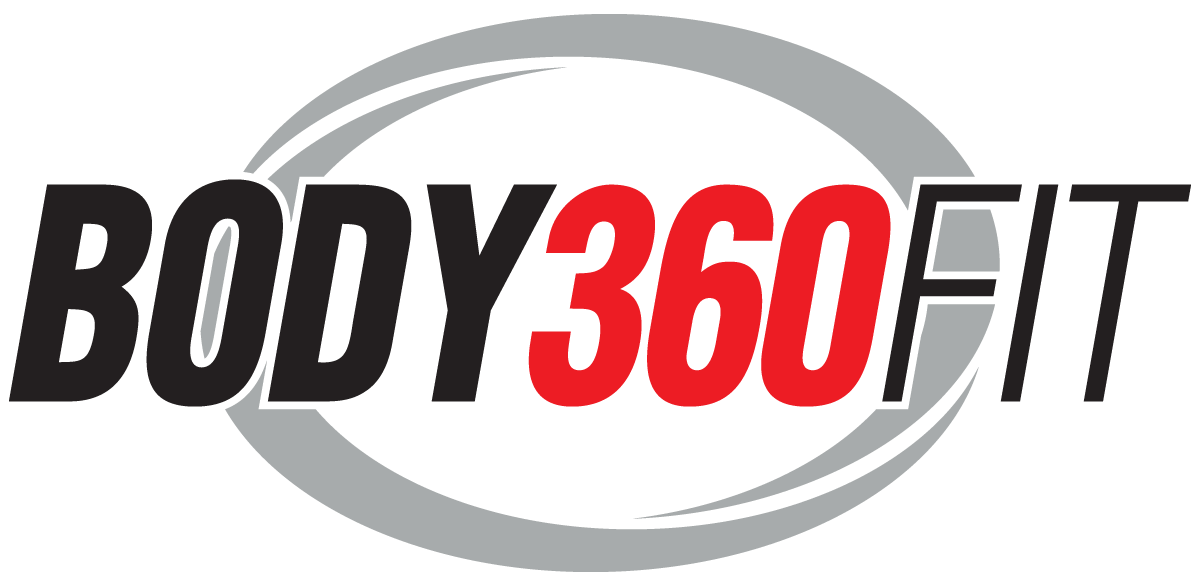




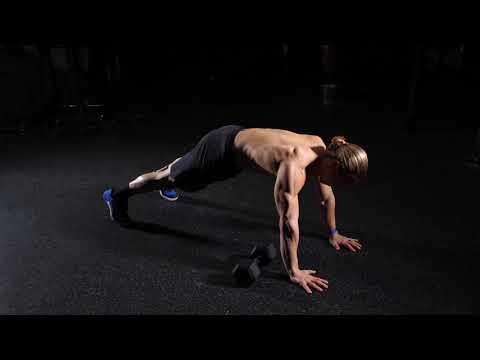

![Full Body Kettlebell Workout [PDF] | Body360 Fit](https://body360fit.com/wp-content/uploads/2021/01/Full-Body-Kettlebell-Workout-PDF.png)
